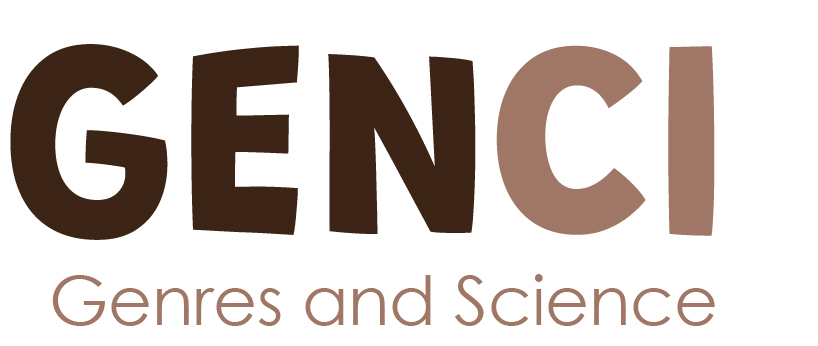#ilooklikeasurgeon: using Twitter to challenge stereotypes and draw attention to diversity. Luzón, M.J.
Abstract
In August 2015, the hashtag #ILookLikeASurgeon was introduced and used to tweet photos of practicing or aspiring surgeons around the world, and thus highlight diversity in surgery. The hashtag went viral and it is still being used frequently to challenge stereotypes, celebrate diversity and fight discrimination. The aim of this study is to analyse how stance and engagement devices are used in tweets with the hashtag #ILookLikeASurgeon to project a more inclusive identity of medical professionals (especially surgeons) and denounce gender bias in medicine. The data for the study consists of 150 tweets with the hashtag #ILookLikeASurgeon written by women. The analysis seeks to explore how various multimodal semiotic resources are combined for identity construction and community building. The study shows that a high number and variety of stance and engagement resources are used for these purposes. As in other academic tweets, stance and engagement are expressed by resources found in other academic genres (e.g. inclusive we, attitude markers) (see Hyland, 2005), but also by other resources afforded by the digital medium (e.g. static images, moving images, emoji, @mentions, hashtags). The study shows how these semiotic resources are orchestrated strategically in these tweets to challenge genre stereotypes in surgery.
Crowdfunding worthy researchers: the construction of identity in science crowdfunding videos. Vivas-Peraza, A. C.

Abstract
Science crowdfunding is a relatively novel practice that allows scientists to finance their research by collecting online donations from the public (Mehlenbacher, 2019). This is done through collaborative crowdfunding platforms, where scientists can post their crowdfunding proposals composed by a textual narrative and a short promotional video. Science crowdfunding videos constitute an unexplored digital genre that enables scientists to harness a wide variety of semiotic resources to construct their identities, which are essential in any form of science communication (Luzón & Pérez- Llantada, 2021). The aim of this paper is to observe how identity is constructed in a small-scale corpus of 50 videos from the platform Experiment.com. Following Hyland (2011) and Luzón (2018), I analysed the video content by focusing on these communicative modes: speech, writing, static images, video footage, mise-en-scène, dress, facial expression and gaze. The study sheds light on the multimodal affordances of digital genres for the presentation of the self, and shows that scientists in these videos endeavour to portray themselves as qualified and passionate researchers to add credibility to their work while seeking a close relationship of social affinity with the audience.
